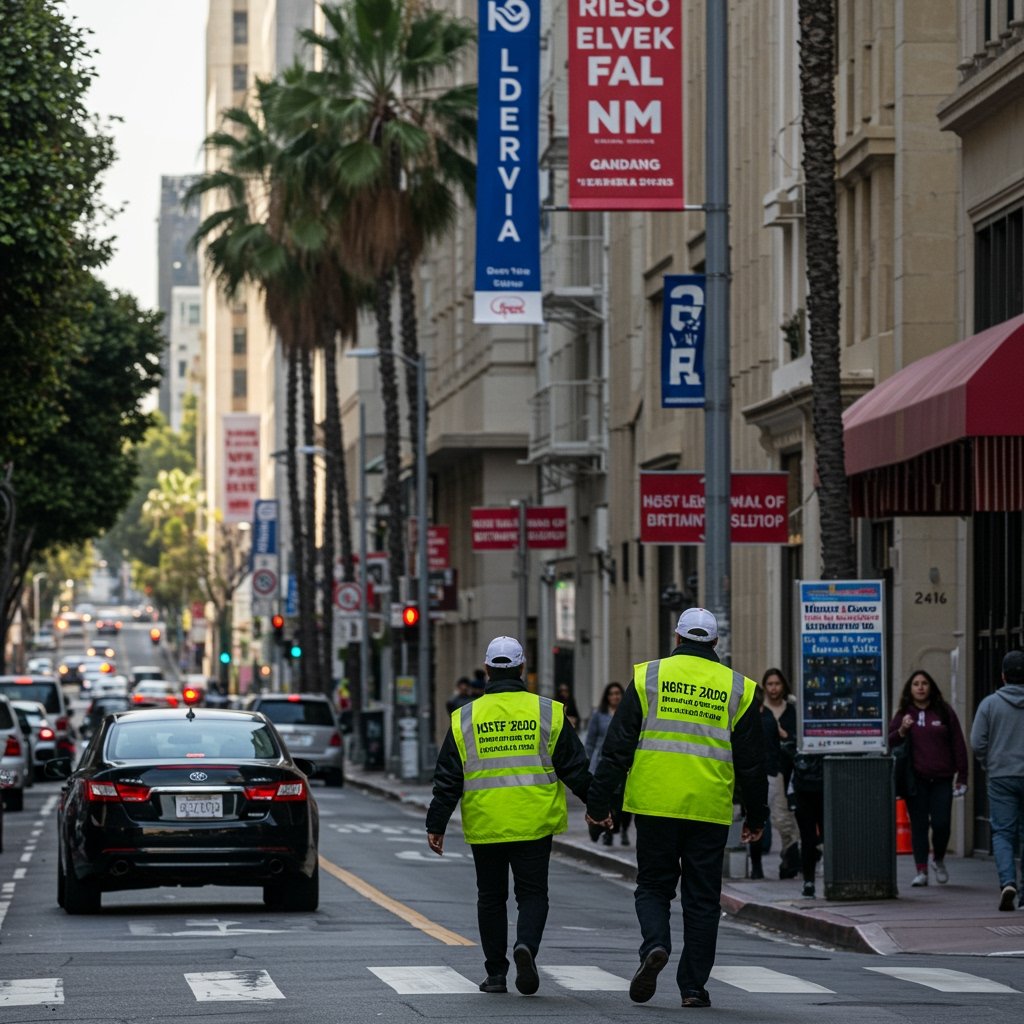California Assembly Approves Key Gig Worker Benefits Bill
Sacramento, CA – In a significant legislative development shaping the future of the gig economy in California, the State Assembly today successfully passed Assembly Bill 2030. This landmark measure targets the rapidly growing sector of gig food delivery services, aiming to implement enhanced benefits and compensation standards for drivers operating across the state. The bill represents a pivotal moment in the ongoing debate surrounding the rights and welfare of independent contractors who form the backbone of modern delivery platforms.
Championed by Assemblymember Lena Chen, AB 2030 seeks to address the long-standing challenges faced by gig workers regarding access to traditional employment benefits like paid sick leave and healthcare. Proponents argue that the current model leaves drivers vulnerable without a safety net, lacking essential protections typically afforded to employees. The passage through the Assembly signals growing legislative support for mandating greater responsibility from the major technology platforms that rely on these drivers.
Core Provisions: Portable Benefits Fund and Worker Support
A central tenet of AB 2030 is the mandate for major food delivery platforms – explicitly citing companies such as DoorDash and Uber Eats as examples of those that would be affected – to contribute financially towards a portable benefits fund. This innovative model is designed to allow benefits to accrue to the worker based on their activity across multiple platforms, rather than being tied to a single company in a traditional employer-employee relationship. The portable nature of the fund is intended to reflect the reality of many gig workers who often work for several apps simultaneously.
The fund is specifically earmarked to cover crucial worker benefits, including compensated time off for illness (sick leave) and financial assistance for health expenses through healthcare stipends. These provisions aim to provide a basic level of economic security and health support that has historically been absent for independent contractors in the gig economy, forcing drivers to often work when sick or forgo necessary medical care due to cost.
Assemblymember Lena Chen has been a vocal advocate for these protections, emphasizing the need for legislative action to ensure that the convenience enjoyed by consumers does not come at the expense of the fundamental well-being of the workers providing the service. Supporters argue that this bill is a necessary step towards creating a more equitable system for gig workers in California.
Support and Opposition: A Divisive Measure
AB 2030 has garnered strong support from various worker advocacy groups, including the influential California Food Worker Alliance. The Alliance has been a key partner in advocating for the bill’s passage, highlighting the precarious nature of gig work and the urgent need for guaranteed benefits. They view AB 2030 as a crucial step towards providing stability and basic rights to a workforce that has expanded dramatically in recent years, particularly following the surge in demand for delivery services.
Conversely, the bill faces staunch opposition from industry representatives. The California Gig Logistics Association, which represents numerous gig economy companies, including major delivery platforms, has voiced significant concerns about the potential impacts of AB 2030. The Association argues that the mandated contributions to a benefits fund will lead to substantial increases in operational costs for platforms. They contend that these rising costs will inevitably be passed on, potentially resulting in higher consumer fees for food delivery services.
Furthermore, opponents warn that the bill’s requirements could necessitate significant alterations to existing service models. This might involve changes in how drivers are engaged, how work is allocated, and potentially lead to fewer work opportunities as companies seek to mitigate the increased financial burden. The California Gig Logistics Association maintains that the traditional independent contractor model offers drivers unparalleled flexibility, which they argue could be jeopardized by mandates that resemble traditional employment structures.
The Path Forward: Senate Debate and Implementation
Following its successful vote in the California Assembly, AB 2030 now advances to the State Senate for further consideration and debate. The bill is expected to face intense scrutiny and continued lobbying efforts from both proponents and opponents as it moves through the legislative process in the upper house.
The Senate’s review will be critical in determining the final shape of the bill, including potential amendments or compromises. The outcome of the Senate vote will ultimately decide whether these proposed enhanced benefits become law in California. If passed by the Senate and signed by the Governor, the measure is currently projected to have an effective date in early 2026, allowing platforms time to implement the necessary operational and financial adjustments required by the legislation.
The debate surrounding AB 2030 is reflective of broader national discussions about the future of work and the appropriate regulatory framework for the gig economy. Its passage in the Assembly marks a significant step in California’s ongoing efforts to balance the innovation and flexibility offered by app-based services with the need to ensure adequate worker protections and a social safety net for those providing these services. The proceedings in the State Senate will be closely watched by the industry, workers, and consumers alike, as they will determine the ultimate impact of this potentially transformative legislation.


















